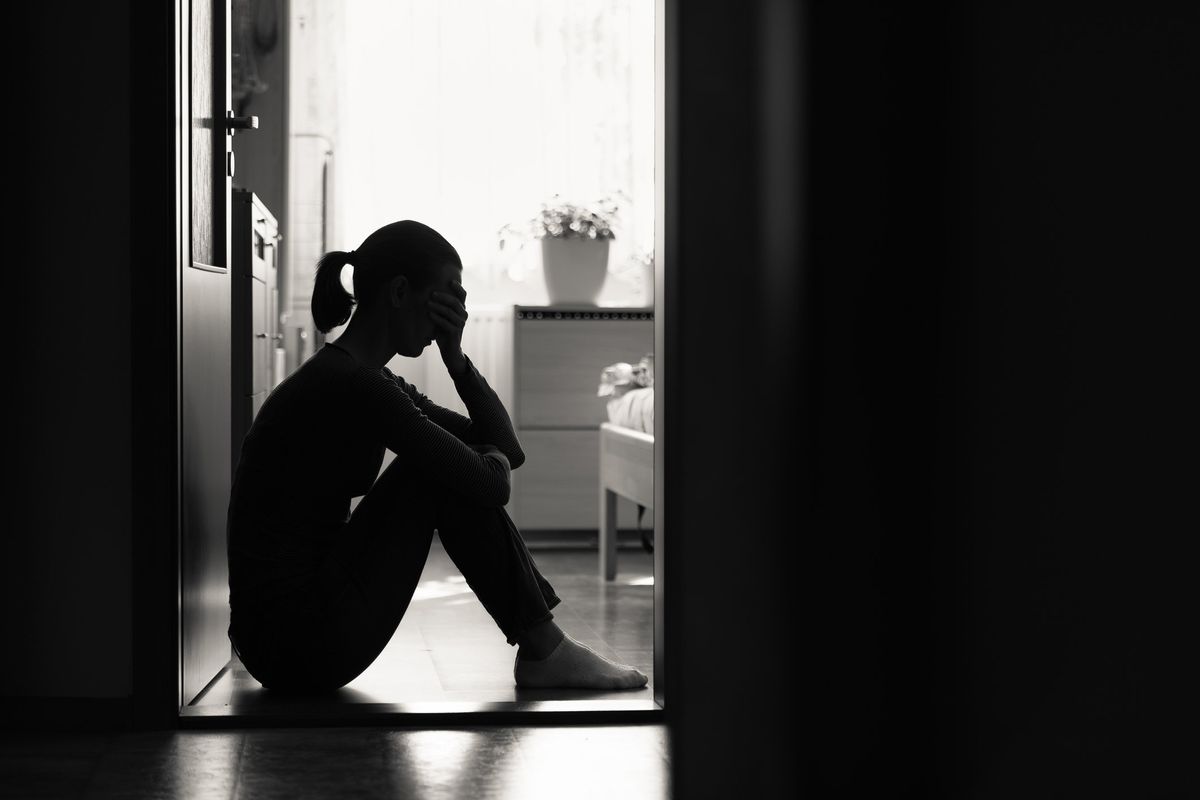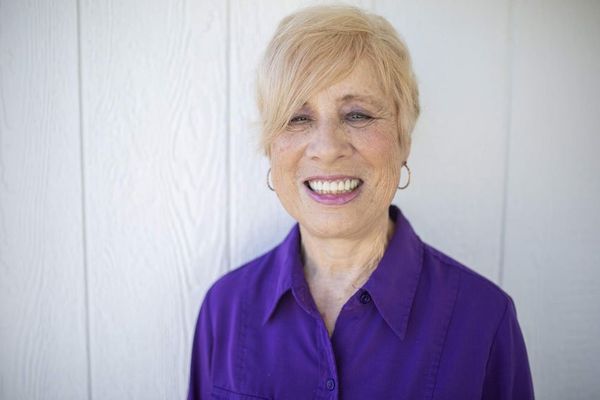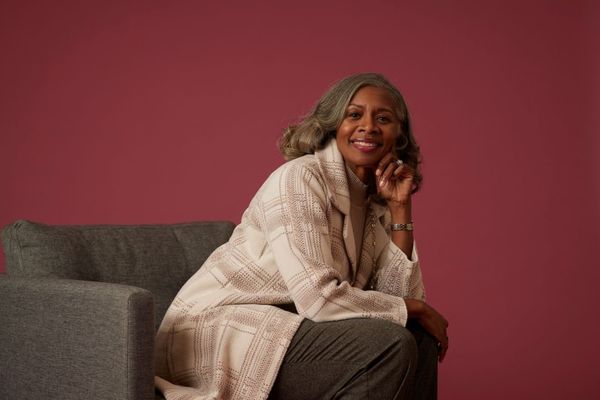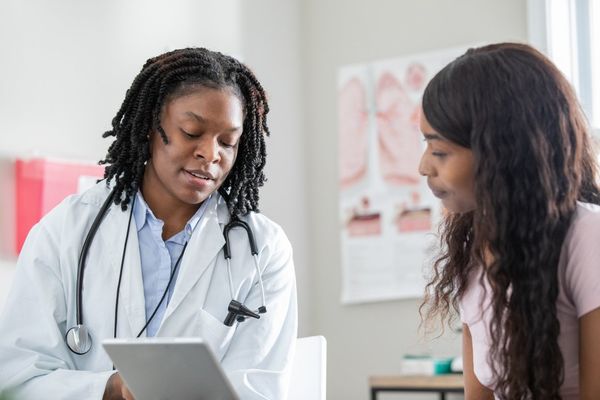I never imagined having anything in common with a royal, but with Meghan Markle's announcement that she'd suffered a miscarriage this past summer, there it was. While it's been two decades since I experienced three miscarriages, I felt an instant connection to Markle's pain, loss and isolation.
It's that isolation — the solitary mourning Markle mentions — that delivers with it a particular sting. Grief is never easy, but in the case of miscarriage, it's so often a private experience, rather than a shared one. I lost each of my babies early on in the first trimester, long before I'd made my pregnancies public. As such, I hesitated to share the news.
The journey to healing could have been easier with a network of support. In its absence, I dove right back into life as if nothing ever happened.
It's astounding to me that almost 20 years later, we as a society haven't made much progress when it comes to discussing miscarriage. I hope that, by Markle sharing her raw, unfiltered pain, she's moving the needle.
Among women who know they're pregnant, about 10% to 15% of the pregnancies end in miscarriage during the first trimester and 1% to 5% end during the second trimester. Many women miscarry before they even know they're pregnant, and as many as half of all pregnancies may end in miscarriage. That means it's likely that women you know and love have been through the pain of miscarriage.
Miscarriages happen for a whole host of reasons. Most occur because a fetus isn't developing normally, often simply by chance, and are not caused by anything the woman did or didn't do.
Guilt and shame
Regardless of what causes the pregnancy loss, going through a miscarriage brings on a whole host of emotions, ranging from sorrow to guilt and shame.
The grief is for what might have been. I don't think I realized how attached I was to my future children until I lost them. I mourned the fact that I would never know what these children would have looked like or who they could have been.
On top of sadness, I wrestled with feelings of guilt and shame, and I suspect most women suffering miscarriage do, too. It's hard not to feel at fault — like your body has somehow failed. And, we're programmed by society not to discuss things like infertility, miscarriage and other "female" issues. It's not polite or comfortable to bring these topics up outside of quiet conversations with very close friends, which perpetuates our sense of shame.
My first miscarriage occurred before my first successful pregnancy, so I was able to place that into a category of "these things happen."
It was the two miscarriages in between my first and second-born, however, that caused me to spiral with the weight of guilt. This now felt like a pattern and I wondered if my behaviors were behind it.
I am a runner and continued to run throughout pregnancy. While there are many models of women who continue to exercise throughout the full nine months today, back then, I had my share of side eyes and suggestions that maybe it was time to give up my favorite activity.
While I knew — and my doctor had assured me — that running had not led to any of my miscarriages, a kernel of doubt still lingered somewhere in my subconscious. What if?
I also felt guilty for being a pregnant woman of "advanced maternal age." In my mid-30s, my eggs were aging and increased the odds of miscarriage. I beat myself up for waiting so long — I had wanted to start a career and get on my feet before beginning a family. Why hadn't I sacrificed my career for the sake of having babies at a younger age like so many other women?
With time, I was able to accept that sometimes things go wrong genetically and that in the end, there's nothing I did or could have done to change the outcome. I also came to understand that, in my case, I am a better mom to my kids because I waited until I was ready to have them.
Healing
I'm nearly 20 years out from my first emotionally painful experience of miscarriage. I have two beautiful teenage children, and that has gone a long way toward my healing, as has the passage of time.
What I regret from that time in my life is not talking more about the experience. I have a wonderful network of friends, women I know would have shown up to help when I lost those pregnancies. I also think that speaking up might have helped progress the conversation and understanding of miscarriage.
I'm glad that Markle is helping an entire generation of women by sharing her pain. She offers up her experience so others can understand they are not alone and that it's more than just OK, it's necessary to have these conversations.
With her announcement, I hope Meghan Markle is receiving the love and support she needs. I also hope that, in this way, our shared miscarriage experience will be as different as our lifestyles.
Amanda Loudin is a Maryland-based freelance writer with bylines in the Washington Post, Money magazine, NBC and more. Outside of work, she's a single mom to college and high school sophomores.








